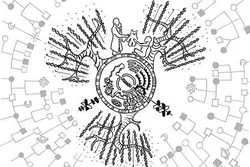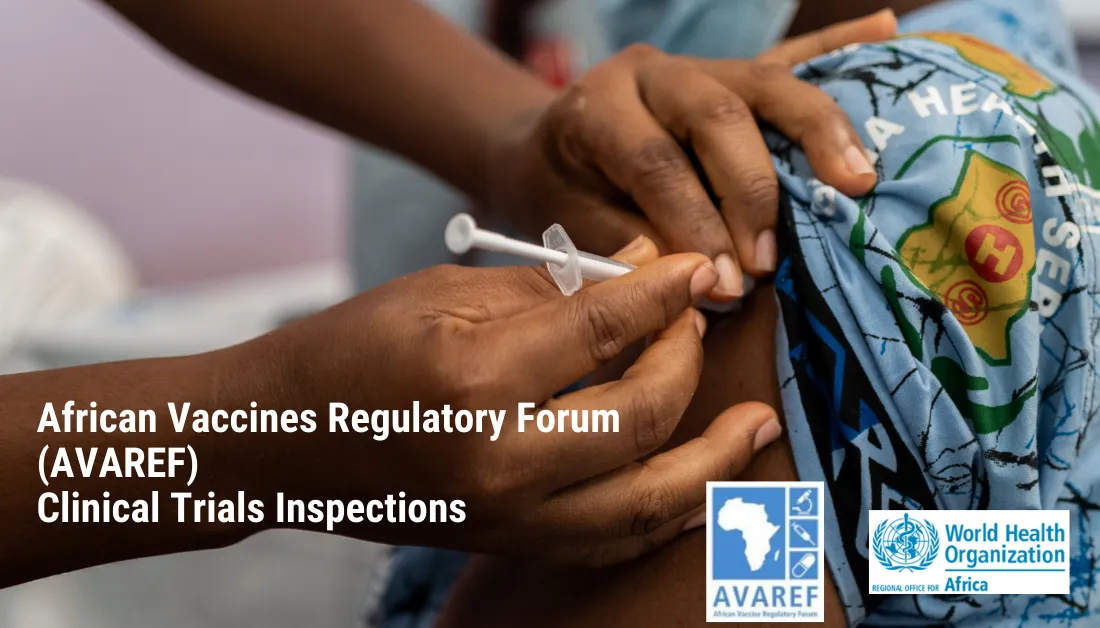
Basic course in Biomedical Research- Cycle 5 
This online course, "Basic Course in Biomedical Research", is designed to improve the research skills of Indian medical postgraduate (PG) students and teachers in medical institutions. It is mandated by the National Medical Commission (NMC, erstwhile Medical Council of India). The course will cover fundamental concepts of research methodology in health, with video lectures, reading/resource materials, example accompaniments, workbooks, lecture handouts and frequently asked questions. Certification is based on lecture wise assignments and a final proctored exam. It is mandatory for medical postgraduates (academic year 2019-20 onwards) and teachers in medical institutions affiliated to NMC. Technical support is provided by Indian Council of Medical Research, New Delhi and ICMR-National Institute of Epidemiology, Chennai. ▼
ADVERTISEMENT
Course Feature
![]() Cost:
Cost:
Free
![]() Provider:
Provider:
Swayam
![]() Certificate:
Certificate:
Paid Certification
![]() Language:
Language:
English
![]() Start Date:
Start Date:
31st Aug, 2021
Course Overview
❗The content presented here is sourced directly from Swayam platform. For comprehensive course details, including enrollment information, simply click on the 'Go to class' link on our website.
Updated in [April 29th, 2023]
This online course, “Basic Course in Biomedical Research”, is designed to improve the research skills of Indian medical postgraduate (PG) students and teachers in medical institutions. The course is mandated by the National Medical Commission (NMC, erstwhile Medical Council of India). It will explain the fundamental concepts of research methodology in health. Course materials include video lectures, reading/resource materials, example accompaniments, workbooks, lecture handouts and frequently asked questions (based on participant queries from previous cycle). Certification will be done based on lecture wise assignments and a final proctored exam.
This course is mandatory for medical postgraduates (academic year 2019-20 onwards) and teachers in medical institutions affiliated to NMC. Technical support is provided by Indian Council of Medical Research, New Delhi and ICMR-National Institute of Epidemiology, Chennai.
[Applications]
The application of this course can be seen in the improved research skills of Indian medical postgraduate students and teachers in medical institutions. The course provides a comprehensive understanding of the fundamental concepts of research methodology in health, which can be applied in the medical field. The course materials, such as video lectures, reading/resource materials, example accompaniments, workbooks, lecture handouts and frequently asked questions, can be used to further enhance the knowledge of the participants. The certification process, which includes lecture wise assignments and a final proctored exam, can be used to assess the understanding of the participants.
[Career Paths]
1. Clinical Research Associate: Clinical Research Associates (CRAs) are responsible for the management and coordination of clinical trials. They are responsible for ensuring that the trials are conducted in accordance with the protocol, applicable regulations, and Good Clinical Practice (GCP). The role of a CRA is becoming increasingly important as the demand for clinical trials increases. The development of new technologies and the increasing complexity of clinical trials has led to a need for more experienced and knowledgeable CRAs.
2. Clinical Data Manager: Clinical Data Managers (CDMs) are responsible for the collection, management, and analysis of clinical data. They are responsible for ensuring that the data is accurate and complete, and that it meets the requirements of the clinical trial protocol. CDMs are also responsible for developing and maintaining databases, and for providing reports to the clinical trial team.
3. Regulatory Affairs Specialist: Regulatory Affairs Specialists (RASs) are responsible for ensuring that clinical trials are conducted in accordance with applicable regulations and guidelines. They are responsible for preparing and submitting regulatory documents, such as Investigational New Drug (IND) applications and Clinical Trial Applications (CTAs). RASs also provide guidance to the clinical trial team on regulatory requirements and best practices.
4. Clinical Trial Coordinator: Clinical Trial Coordinators (CTCs) are responsible for the day-to-day management of clinical trials. They are responsible for coordinating the activities of the clinical trial team, including scheduling visits, collecting data, and ensuring that the trial is conducted in accordance with the protocol. CTCs also provide support to the clinical trial team, such as providing training and answering questions.
[Education Paths]
1. Master of Science in Biomedical Research: This degree program focuses on the development of research skills in the field of biomedical research. It covers topics such as research design, data analysis, and the application of research methods to biomedical research. It also provides students with the opportunity to develop their own research projects. Developing trends in this field include the use of artificial intelligence and machine learning to improve the accuracy and efficiency of biomedical research.
2. Doctor of Philosophy in Biomedical Research: This degree program provides students with advanced knowledge and skills in the field of biomedical research. It covers topics such as research design, data analysis, and the application of research methods to biomedical research. It also provides students with the opportunity to develop their own research projects. Developing trends in this field include the use of big data and predictive analytics to improve the accuracy and efficiency of biomedical research.
3. Master of Public Health in Biomedical Research: This degree program focuses on the application of research methods to public health issues. It covers topics such as epidemiology, biostatistics, and the application of research methods to public health. It also provides students with the opportunity to develop their own research projects. Developing trends in this field include the use of mobile health technologies and digital health interventions to improve the accuracy and efficiency of public health research.
4. Doctor of Science in Biomedical Research: This degree program provides students with advanced knowledge and skills in the field of biomedical research. It covers topics such as research design, data analysis, and the application of research methods to biomedical research. It also provides students with the opportunity to develop their own research projects. Developing trends in this field include the use of genomics and proteomics to improve the accuracy and efficiency of biomedical research.
Course Provider

Provider Swayam's Stats at AZClass
Discussion and Reviews
0.0 (Based on 0 reviews)
Explore Similar Online Courses

Rank First Page on Google and SEO Boost your Wordpress Pages & Posts with ChatGPT - Keywords & #SEO

Master Solidworks 3D CAD using real-world examples - Solidworks 2018 Edition!

Python for Informatics: Exploring Information

Social Network Analysis

Introduction to Systematic Review and Meta-Analysis

The Analytics Edge

DCO042 - Python For Informatics

Causal Diagrams: Draw Your Assumptions Before Your Conclusions

Whole genome sequencing of bacterial genomes - tools and applications

Healthcare Research: For Healthcare Professionals

Diagnosing Rare Diseases: from the Clinic to Research and back


Start your review of Basic course in Biomedical Research- Cycle 5